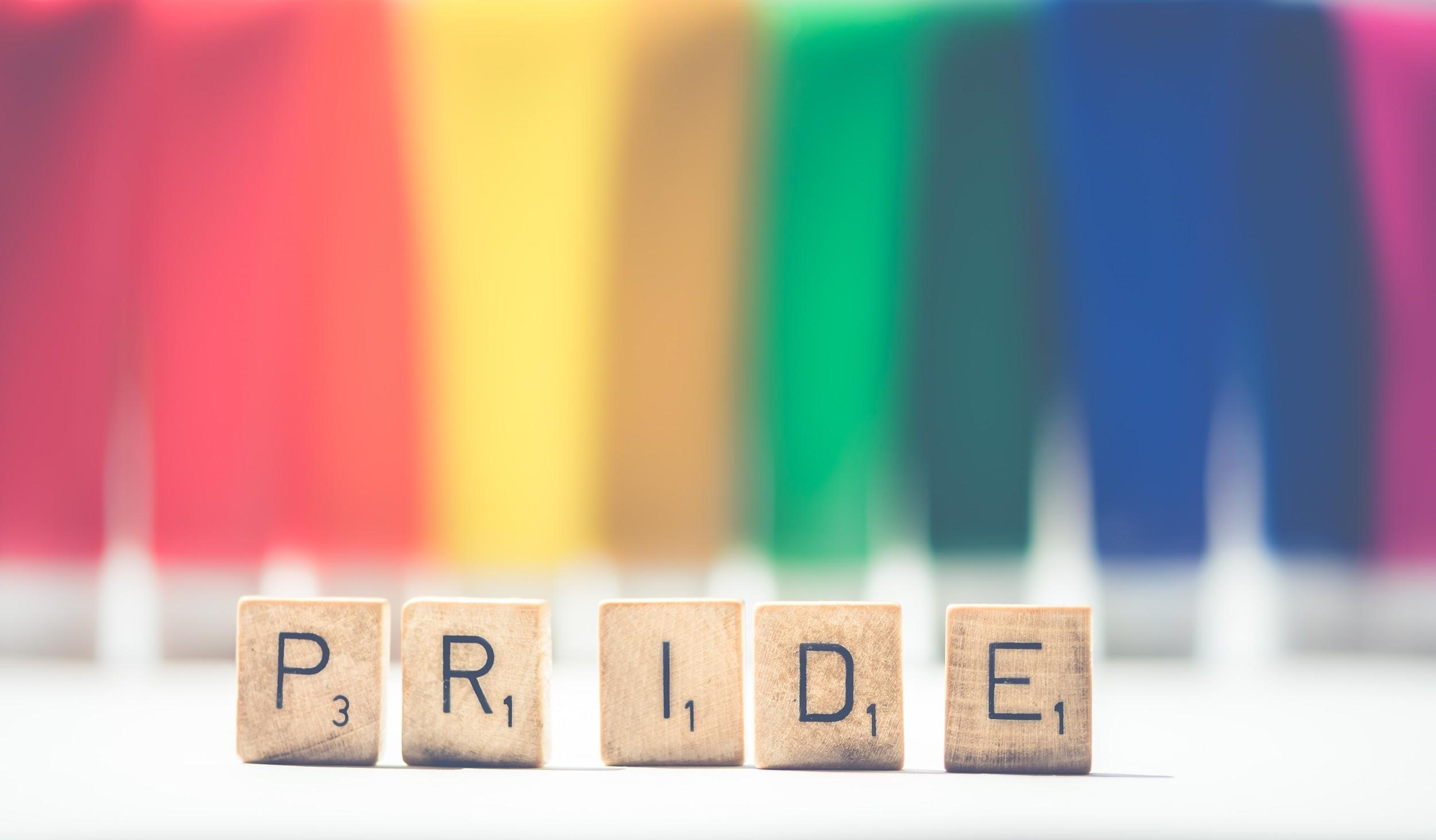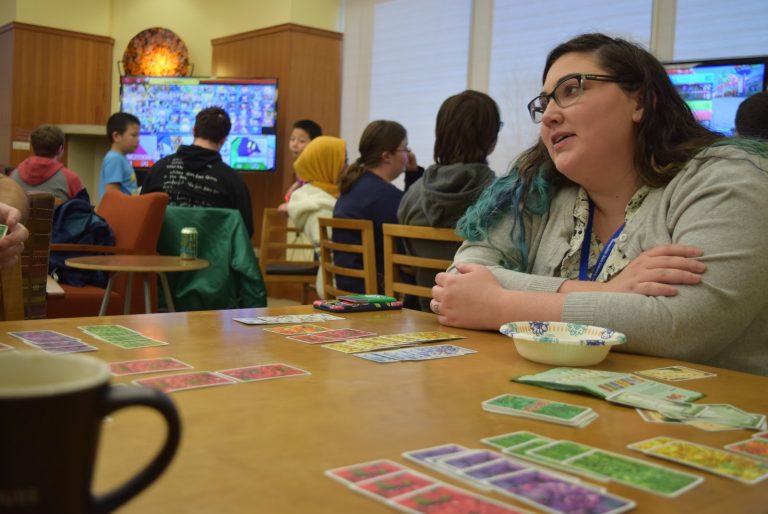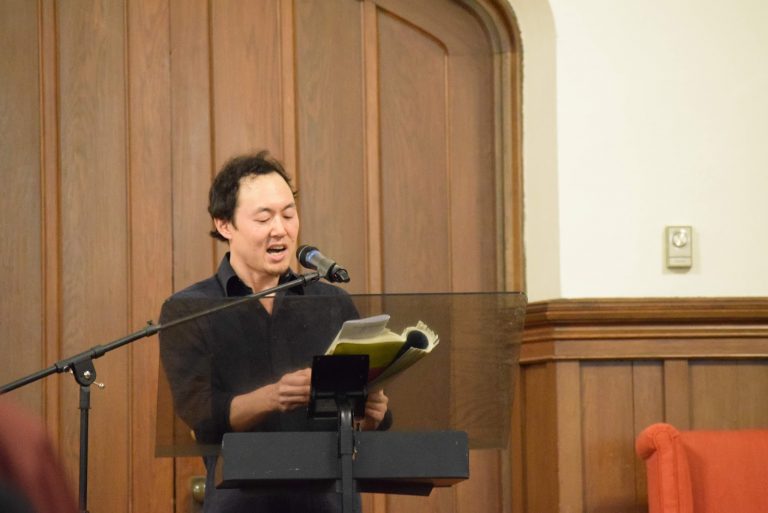Nicole Weisjahn
As June comes to an end, members of the LGBTQ community around the country continue to celebrate their identities. Part of that celebration involves remembering the rich history of the LGBTQ community.
The Stonewall riots, also known as the Stonewall uprising, were a turning point for LGBTQ rights in America. The riots are responsible for starting the modern gay rights movement.
The Riots:
In 1969, Stonewall Inn was one of the last surviving gay bars in the Greenwich Village area, located in Manhatten, New York. Despite its affiliation with the Mafia, Stonewall Inn was a safe-haven for LGBTQ people. The bar was a home for many homeless youth along with being drag queen friendly, which was not common at the time.
Regular police raids were standard. It was illegal to participate in homosexual behavior in the state of New York, a common law across nearly every state in the country at the time. Stonewall Inn’s connections with the Mafia meant that—while these raids were frequent—there was often notice given and the bar was never closed down.
Early morning on June 28, Stonewall Inn was subjected to an unexpected police raid. Some patrons of the bar were kicked out, while others were arrested. Instead of dispersing, as they normally would, the patrons of Stonewall Inn surrounded the property. They began protesting the rough treatment that many of those being arrested had received.
Things escalated from there. An exact account of what happened at Stonewall Inn was never recorded. The debate as to who threw the first brick—or punch—is one that has been ongoing since that night. Regardless, violence broke out as the LGBTQ patrons clashed with the police.
The rioting lasted for six days. Night after night, people gathered around the gay bars in the Village area to protest the police brutality that members of the LGBTQ community were facing.
The People:
Hundreds of people participated in the Stonewall riots, many of whom may never be remembered. Listed below are several prominent LGBTQ activists and figures who were/are veterans of the Stonewall riots.
Sylvia Rivera
Rivera was a transgender woman who frequented Stonewall Inn. She was there when the police raid began and was one of the first people to throw Molotov cocktails at the police, as she details in a 2001 talk at the Lesbian and Gay Community Services Center. Alongside Marsha P. Johnson, Rivera founded Street Transvestite Action Revolutionaries along with several other groups fighting for LGBTQ rights in the 1970s.
Rivera was fierce in her support of LGBTQ people of color as well as the inclusion of transgender people in the fight for gay rights. She passed away in 2002. The Sylvia Rivera Law Project continues the fight for the freedom of gender expression, regardless of race and social or economic status, in her honor.
Marsha P. Johnson
Johnson was a drag queen who frequented the bars in the Village area. She is often credited with throwing the first brick; however, in an interview from the 1970s, Johnson stated she hadn’t been there when the riot started. She’s quoted saying, “when I got downtown the place was already on fire.”
Johnson was lifelong friends with Rivera and, much like her, was a prominent activist for LGBTQ people of color. You can read her obituary here in the New York Times series “Overlooked.” The Marsha P. Johnson Institute was founded in her honor. It works to defend the rights of transgender women of color.
Miss Major Griffin-Gracy
Griffin-Gracy is a formerly incarcerated transgender activist who was present the night of the first riot. For over 40 years, Griffin-Gracy fought for the rights of transgender women in and out of prison systems with organizations like the Transgender Gender-Variant Intersex Justice Project.
She officially retired in 2015; however, Griffin-Gracy continues to support transgender people, having founded the Griffin-Gracy Educational Retreat & Historical Center, or House of GG. House of GG is a educational and historical center dedicated to creating safe spaces for transgender and gender non-conforming people in America.
Stormé DeLarverie
DeLarverie was a butch lesbian who is rumored to be the “Stonewall Lesbian,” a woman whose fight with the police started the Stonewall riots. She was a drag king, legendary performer, bouncer and guardian angel for lesbians in the Village area. DeLarverie worked bouncing for lesbian bars in the area until her mid-80s and passed away in 2014.
The Impact:
The Stonewall riots are accredited with restarting the gay rights movement in America. Along with several prominent activists, Stonewall birthed numerous organizations that all fought for LGBTQ rights in America, several of which continue the fight today.
June was proclaimed the official month of Pride to honor the Stonewall riots by President Clinton in 1999. It’s anniversary is marked every year with Pride parades and celebrations. In 2015, Stonewall Inn was given landmark status for its role in LGBTQ history.
The Stonewall riots were not only a kickstart for the modern gay rights movement but a fight against police brutality. Today, as members of the LGBTQ community protest police violence after the death of George Floyd, the memory of the Stonewall riots remains a poignant fixture in LGBTQ history.




